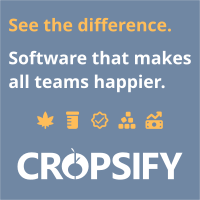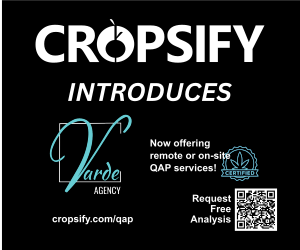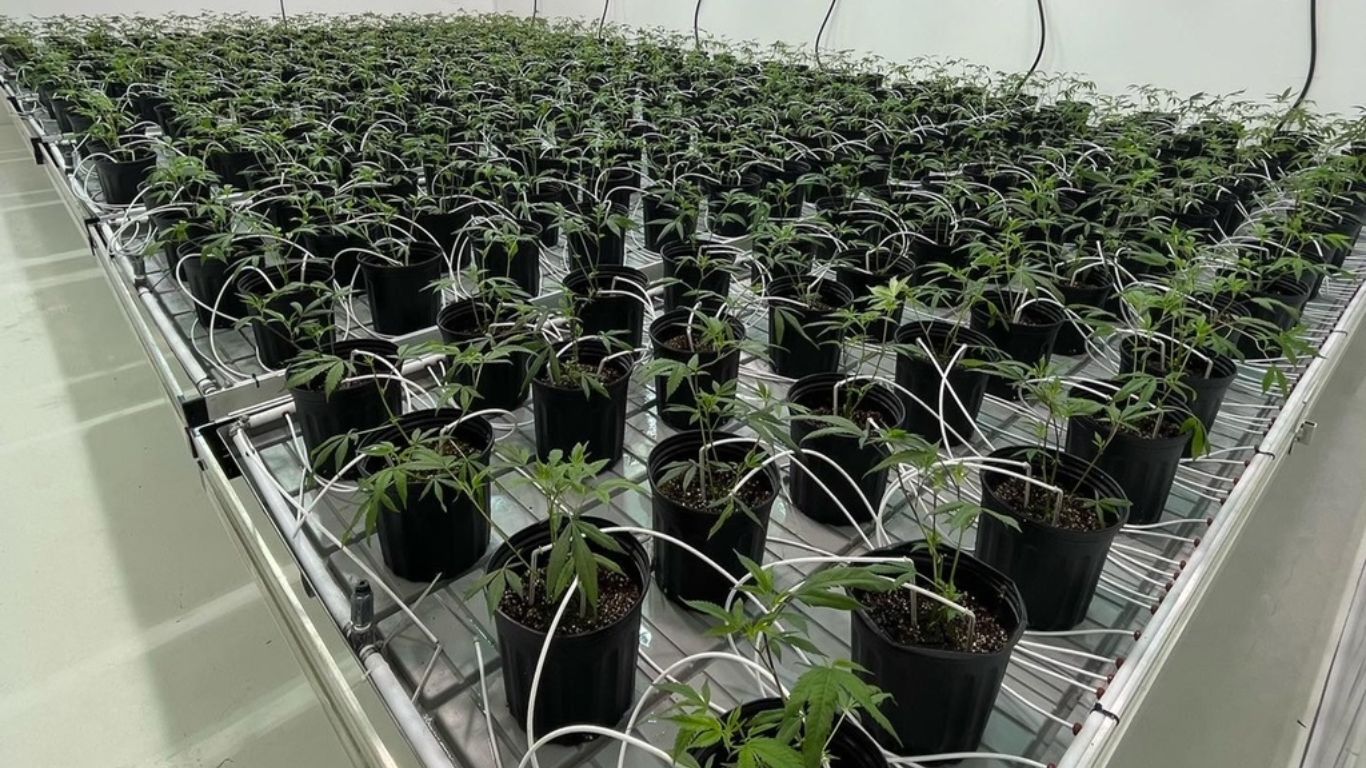
British Columbia is making some big changes to its cannabis market, moving towards a more streamlined approach to distribution and sales.
The changes, announced over the past few weeks, will allow producers to ship products directly to BC retailers, and will allow retailers to deliver those products directly to consumers.
The latter change came into force on the day it was announced, July 8, while the former will become a reality for producers and retailers on August 15.
The changes alone are both steps in the evolution of BC’s cannabis market, but combined represent a shift in the industry that could mean much more of an opportunity for BC’s smaller, independent growers, processors and retailers to better differentiate themselves from a market currently dominated by uniformity.
With producers able to begin sending certain BC-made cannabis products directly to BC retailers, it could help more small batch, niche cannabis products make it to retailers’ shelves rather than getting lost in a sea of products.
“I think this is an amazing opportunity for BC Bud to shine once again by being able to source closer to the farm and having regions provide cannabis that’s grown in the region.”
Cassandra Wardrop, Flora Cannabis
Cassandra Wardrop, the general manager of Flora Cannabis, with six locations in BC, says she and her team are excited by both Direct Delivery from producers as well as the chance to deliver their own products to their customers with a third-party delivery service.
“I think this is amazing. We’re really excited,” says Wardrop. “Those are conversations that we’ve been having for a while. So we’ve been strengthening those relationships with producers for some time now.
“I think this is an amazing opportunity for BC Bud to shine once again by being able to source closer to the farm and having regions provide cannabis that’s grown in the region. And I think anything that reduces some of those hurdles of dealing with government wholesalers is a positive thing for retailers and for producers.”
Janeen Davis, though, at Joint Ventures Craft Cannabis in Salmon Arm, which handles distribution for many of BC’s smaller producers, says the extra logistical steps for processors like JVCC and their partners could be a challenge.
In addition to having to take on all the distribution logistics, including handling product returns and recalls, Davis’ is also concerned that the BC LDB will still take a 15% markup, despite no longer having to handle or store the product.
“Honestly, I want to be positive, but I can’t really see the benefit to our supply chain being tremendous. But the program could still evolve and we’re going to put our best foot forward and we’re certainly going to try and figure out what this could look like and how we can do it or what kind of new and exciting formats we can create for the market that the BC LDB might have previously declined submissions for.”
Dan Sutton, the CEO of Tantalus Labs in Maple Ridge says he shares some of Davis’ concerns when it comes to the extra logistics required. While he can see the value in direct delivery for some small batch products to a limited number of stores, the ease of dealing with a single distributor will likely make more sense for around 95% of Tantalus’ sales into BC.
“Direct delivery is interesting,” says Sutton. “I think it’s super interesting for craft. One downside that I see that I don’t see a lot of people talking about, is this is pretty complex. Tantalus has relationships that we run through a software platform for 2,000 stores across the country. That’s a lot to maintain, we need a healthy sales team. So if a craft grower is going from one buyer like the LDB to many, let’s say 20 local stores, that’s a lot of orders to manage, and a lot of logistical complexity. There will be a learning curve.”
Although Sutton says he doesn’t see Tantalus, which is currently around 75,000 sq ft, focusing much on Direct Delivery, he says he could see the value for smaller runs or test runs of new crops if they could be sold directly to just a few stores.
“If a craft grower is going from one buyer like the LDB to many, let’s say 20 local stores, that’s a lot of orders to manage, and a lot of logistical complexity. There will be a learning curve.”
Dan Sutton, Tantalus Labs
Third-party delivery for retailers
Back at Flora, Cassandra Wardrop says she was surprised by BC’s announcement of allowing retailers to utilize third-party delivery and mail order.
While BC previously allowed retailers to deliver using their own vehicle and staff, Flora opted out because of the added costs. Now with the ability to outsource those services, she says they plan to start offering delivery to their consumers in the coming weeks.
“This was sprung on us, I felt. It definitely wasn’t expected, but we were excited to see it. Being able to use a third-party system is pretty huge for us. It’s definitely difficult for companies to extend the labour to support a delivery program when the vehicle has to be owned and leased by the owners of the licence and is just an extensive undertaking.”
Natasha Raey, spokesperson for Skye Cannabis in West Kelowna says they’re still looking at mail order and at third-party delivery.
“With this change in the BC Cannabis Retail policy, we are excited to see how delivery could be a part of our operations. We also hope that the province continues to listen to the needs of provincial retailers and amends other policies to help our sector continue to thrive.”
One other option some producers and retailers have raised that still needs to be clarified by the BC government is if farmgate retailers—once that system is allowed later this fall—will also be able to utilize forms of delivery like mail order or a third-party service.
If so, this could open up a whole new opportunity for smaller producers, especially those in more remote parts of the country to get their products to consumers. And retailers’ ability to utilize mail order, in combination with having products delivered directly by the producer, could allow those shops to serve all of BC with a unique product potentially no one else has.
BC is holding a closed industry info session on July 20 where more of these questions are expected to be answered.
Featured image via Tantalus Labs












